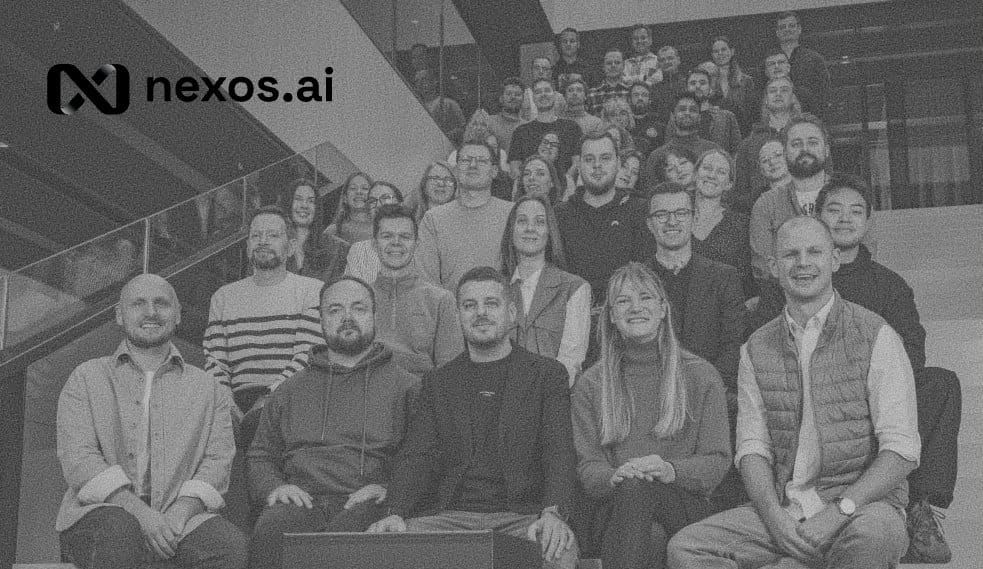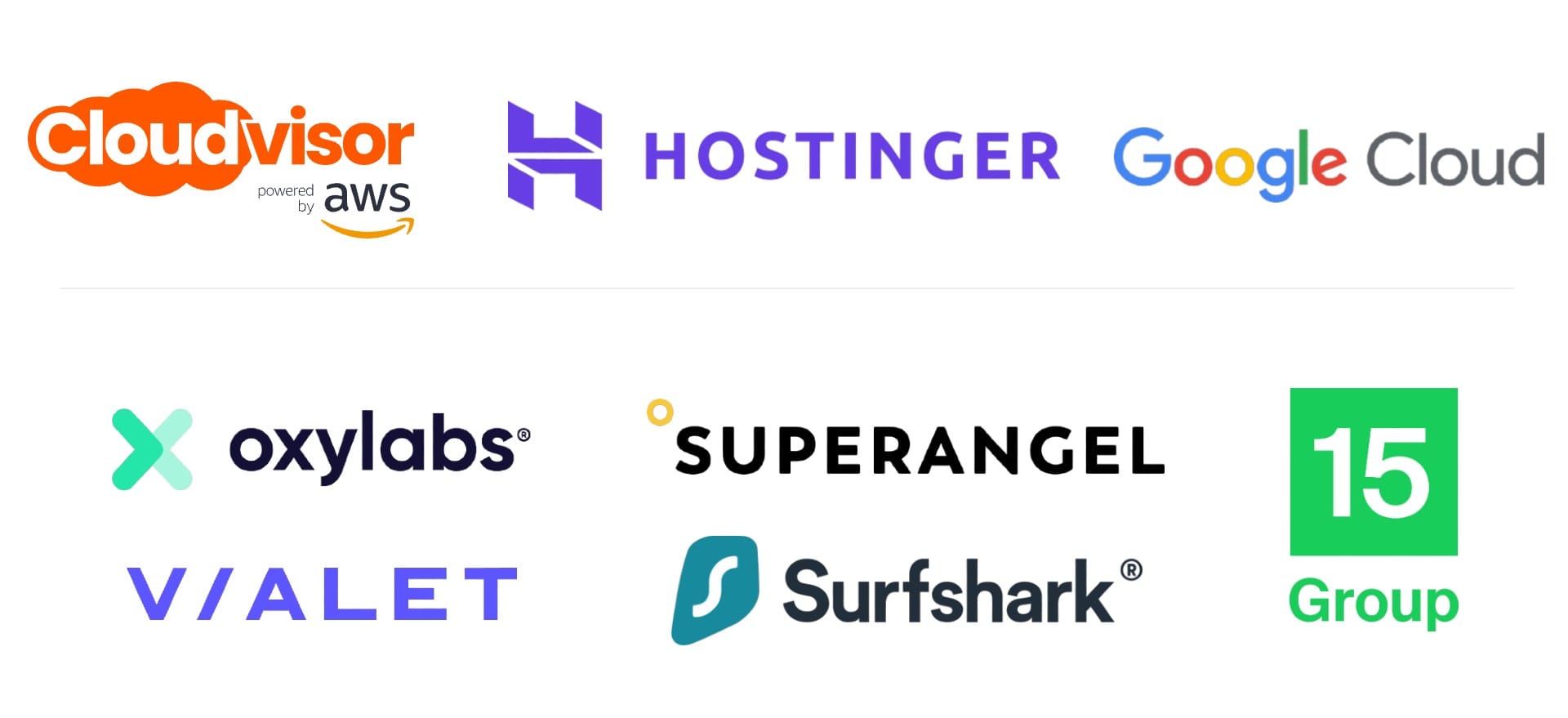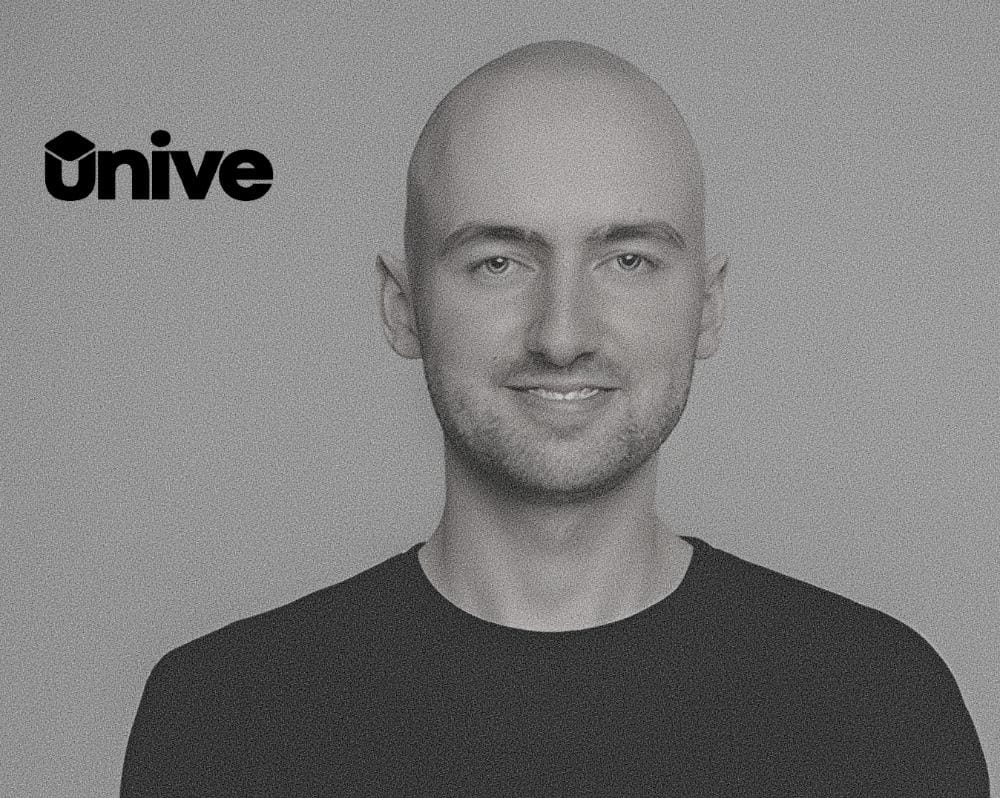Slope of Enlightenment

work in progress
- AI. Now public – nexos.ai just announced €30M Series A, co-led by Evantic Capital and Index Ventures, with support from Creandum and DIG Ventures, just six months after seed! Supernaut launches with EUR 530k backing by Superhero Capital. Silver Keskküla with scamguardian.ai is now backed by Estonian angels. And there is another set of AI-native Baltic teams that keep funding in secret, just to wow us later.

- Retail 3.0. Traxlo was selected among the Top 100 startups at the Startup World Cup. Pickitoo is building Lite, a new solution designed to help smaller retailers enter the q-commerce market faster; also partnering with Starship Technologies and REWE in Hamburg for autonomous delivery. This brings us to Plural fund leading series C ($50M) for Starship, a double-down after doing another round last year. It looks like GTM inflection point as use cases have been proven and the company starts to scale in Europe+US. This reminds us about technology adoption curve:
Did we miss that again? Just learned that Waymo's autonomous cars are landing in London, but few months ago it seemed like they would never get commercialized? It's a bit of a trap. We know every new technology shift first hits the hype (peak of expectations). Then advancement slows down, and we start to dismiss it. And it beomes easy to miss it, as tech continues to improve and it returns to the market better, faster, cheaper.

It happens again and again. Autonomous cars took almost 20 years for the last 1% to make it safe enough – but now, rolling out. Similar to electric vehicles – I am still having discussions with friends stating that, "look, Porsche is getting back to petrol" – but in reality, there is no competition anymore – electric won, by a large margin (and 800 km range). EV sales are growing 25% annually; yet we don't see full effect since China represents almost two-thirds of electric cars sold globally (yes we talk Norway, but half of new car sales in China are electric). AI will go through the same curve, the moment we get bored with ChatGPT, companies will be rolling out AI-powered robotics and whatever else.
- Dual-use and hardware. PD Kinematics started negotiations to secure up to 1M in funding from Coinvest Capital + private investors. Unbound Autonomy is applying AI to identify critical sounds – raising for AI pin development. Dual-use founders handbook (Balnord). Not dual-use (unless we don't know), but AISPECO is growing well – they build advanced geospatial data collection platforms.
- Sustainability. An industrial-grade system that sorts pre-owned LEGO bricks with over 99% precision is launched – and Sort A Brick is about to add more capital. Tingit expands the scope to cover electronics repair. Actively deploying, Contrarian Ventures backs Bees & Bears in Germany – they are building the rails for green finance. Esgrid seems to be pivoting to a supplier discovery product.
- Starting fresh? Well, Deel is at 17B valuation now but started just as humble as you. Karolis is searching for Co-founder & Head of Growth to join in building NüRule. Domas will share his startup therapy session on Nov 4th. Armandas launches sunflwr – it joins your meetings and gives you the feedback nobody else will – honestly, immediately, and without judgment.
- Hacker club. Hack4Planet – this weekend, fighting energy waste. AI–only Hackathon by Teso, Hostinger, nexos.ai, will be huge (Nov 14-16). FR8 Year One: Chaos & Conviction.
rounds and capital
- nexos.ai secures €30M Series A co-led by Evantic Capital and Index Ventures, with support from Creandum and DIG Ventures – massive!
- Supernaut AI has raised a €530,000 pre-seed investment from Helsinki- and Vilnius-based venture capital fund Superhero Capital.
- Yaga raises €4M pre-Series A – following the footsteps of Vinted? Led by Specialist VC, with support from H&M Group Ventures, Trind Ventures, Startup Wise Guys, and a group of angel investors.
- Lifeline Ventures, first backer of ŌURA, Wolt, Supercell, and ICEYE raised a new €400 million early-stage fund (backing Baltic founders like Soldera and Saltz).
- SOUND Asset Management launches „Sound Senior Private Debt Fund 1“.
sponsors

Cloudvisor [AWS partner dedicated to startups]
Hostinger [making online presence accessible to everyone worldwide, hiring]
Google For Startups [cloud credits up to $350K, expert support & faster growth]
Oxylabs [Step into the world of web data gathering]
VIALET [Business accounts for growth, hiring]
Surfshark [Top 50 among fastest growing in EU, hiring]
15MIN Group [all the news you need to know]
Superangel [Pre-Seed, Seed and Series A for tech companies]
three questions
Jonas Kavaliauskas, Co-founder and CEO of Unive.ai (link to the interview)

Tell us about your background and how this led to starting Unive AI?
I myself applied to the top US and European universities back in 2016, and was fortunate enough to get into Yale with a full scholarship. I navigated this process by myself, spending easily over a hundred hours conducting research, writing essays, practicing for interviews, applying for financial aid, etc. After undergoing this tedious journey, I figured I could make the process easier for others and started a non-profit initiative called Academic Buddy USA (under the broader Academic Buddy umbrella) and later a for-profit called Atlas Academy, which allowed us to pay our tutors, invest in better quality preparatory courses and awareness campaigns. I ran and continue to run this business on the side, but I always wanted to somehow break this super outdated and inefficient business model, still reliant on human capital. Late 2024, early 2025, AI made this possible, and teaming up with some fantastic engineers, who'd later become co-founders, we did exactly this - built AI agents to replace human mentors in every step of the way, help students prepare better applications faster and cheaper.
What is the impact you are seeking - is it also a significant opportunity?
We want to give every kid access to elite-level career and admissions consulting. It's not just about choosing the right university and navigating the application process; it's also about choosing the right career path. US Federal Reserve data shows that only 27% of people work in a field related to their undergraduate studies, which means most people see their university years go to waste from a professional development standpoint. That's not only a loss to the individual - it's a massive economic burden to society. AI can help fix this, empowering young people to make more informed study and career decisions, connect with the best opportunities, identify scholarships to ease their tuition load and much more!
Is it a significant financial opportunity? Absolutely. The admissions consulting market in the US alone is between $10 and $20 billion (wide interval since it's notoriously hard to estimate due to tremendous fragmentation - there are a ton of small-scale businesses and individual tutors), plus another $35-$50 billion if you add standardized testing. Apart from the B2C segment, we also aim to roll out admissions and recruitment solutions for universities, increasing this value further. So yes, it is a big market that's yet to be disrupted.
Tells us more about Unive.ai product
Unive's platform, in its current form, is composed of 7 distinct AI tutors, each of whom deals with an important part of the typical college application process. The tutors cover: university selection, extracurricular profile enhancement, CommonApp personal statement writing & feedback, supplemental essay writing & feedback, recommendation letter support, interview preparation, and scholarship search. We leverage LLMs further trained on admissions-specific datasets. We're an engineering-heavy team, so the product's outperforming - since our launch in the U.S. in August, we're seeing low churn, high user engagement, and very positive feedback. We are, however, on the lookout for some in-house marketing talent - exceptional and growth specialists.
roleplay
Hostinger - Marketing, 20 roles
Surfshark - Senior Windows Software Engineer
Oxylabs - Head of Performance Marketing + 38 other
VIALET - QA, engineers, data, transaction monotoring
Röntgen - Head of Financing
Sintra AI - multiple
COVA - Materials Scientist (reach out to founders)
Unicorns Lithuania - Community and Ecosystem Growth Manager
Ovoko - Product Marketing Manager
Fraimie - Co-Founder with Business Development experience
Civitta - Innovation Consultant
Ondato - Head of Product Development
Vinted - Director of Performance Management (Maternity Cover)
Tech Jobs in Latvia - 170 open roles
founder's guide
- Kart from Superangel on VC round mechanics
- Build a LinkedIn Flywheel, not a disconnected social strategy
- B2B founder’s guide to generating demand from scratch
- Jason from SaaStr on all things building agents from scratch.
- Founder Compensation Survey from Creandum – share your data
further insights
- Andrej Karpathy adds notes to his own podcast
- How courage is now the most scarce resource in venture:
It requires non-consensus investing, but that’s only part of it. I think courage is thinking independently, and betting BIG on something when it feels really really hard to do it. Courage is putting yourself, and your reputation, and your firm on the line, and being willing to face real consequences if it doesn’t work. It’s not just a willingness to look dumb, but it’s a willingness to get fired. The best founders do this almost every day.
the hard skills are getting softer and the soft skills are getting harder
ecosystem
- Traveling last week which always makes me think about infrastruture, regulation, and what makes societies better than others. Rant edited with AI.
The Missing Layer Limiting Baltic Countries
The biggest problem in the Baltic states isn’t capital, talent, or entrepreneurship. It’s the chronic underinvestment in governance capacity — in the people who actually run the machinery of the state.
We have too few world-class leaders in the public sector. Not politicians — professionals. Career civil servants with the competence, confidence, and vision to shape policy and see it through.
We can’t afford to be governed poorly. Yet we keep mistaking good intentions for capability. It’s not enough to send delegations to Singapore, post photos of how everything works there, and hope to copy-paste the results. What’s missing is world-class leadership in bureaucracy — people who understand regulation, infrastructure, and economic development at the frontier level, and who can mobilize resources toward a clear vision.
When that kind of leadership exists, it compounds.
Think of Lithuania’s Fintech ecosystem — built not by accident, but by a small, sharp group of people who knew what they wanted to achieve and how to make it happen. Or Estonia’s e-Residency, which turned a niche digital program into global soft power.
Across the region, there are isolated pockets of excellence like these. But on average, there’s a massive performance gap. Imagine if transport, education, or healthcare were led by people who actually knew their fields in depth — and had the authority and persistence to drive evidence-based reform.
We keep over-indexing on elections — on who gets elected, who forms a coalition — while ignoring the fact that most high-performing economies are steered by a professional public service that remains steady regardless of political cycles. We could survive mediocre politics if we had a layer of bureaucrats who were truly world-class.
That’s the real leverage small countries like Lithuania have: competence density in key public institutions. And yet, for decades, we’ve failed to transform how government recruits, trains, and retains talent. We pray for better education, healthcare, or transport, but none of that is possible without capable people in the right positions.

Member discussion